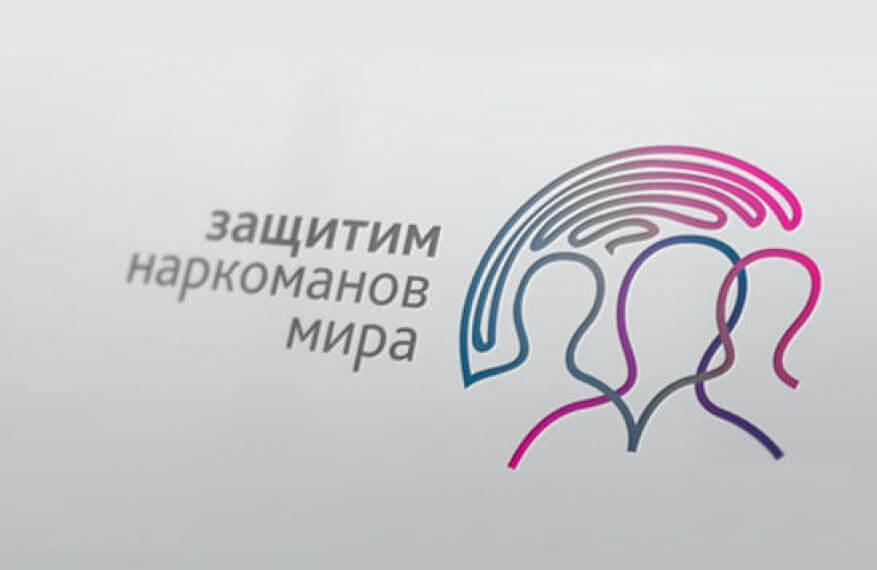"Let’s protect drug addicts of the world"

Understanding the problem - is the first step to solve it!
In our modern age there are a lot of stereotypes of drug addicts that create the atmosphere of biased threat towards them. Stigmatization leads to even more isolation of drug addicts. Healthy people feel a negative psychological impact by created stereotyped image.
Within a framework of offensive activity of the World League "Mind Free of Drugs" which calls to abandon the use of illicit substances, an international project "Let’s protect drug addicts of the world" was launched. With a slogan "Understanding the problem - is the first step to solve it!" this project was established to conduct innovative information campaign against the common cult of fear of drug addicts and drugs. This will allow us to break the stereotype that former drug addicts forever fall out from the society, and give the world a new vision of the situation: drug addict is a sick person who needs a direct and timely help.
The globality of the project is dictated by the diverse types of discrimination, reflected in an undifferentiated approach to all drug addicts, irrespectively of which drugs and how long they had used. Even in hospitals, they can feel the severe effects of stigma - refusal of doctors in hospitals to treat infectious hepatitis in parenteral drug users because of fear that the medical staff might be at risk of infection. When hiring to a job, a candidate who used drugs in the past often gets rejected, and in a growing corruption, during the strategic detention, addict risks his freedom more than a drug dealer...
Conclusion - discrimination against drug addicts fully involve a violation of human rights in all spheres of life. Therefore, in addition to the activities and events aimed at building public consciousness of tolerance to drug addicts, we offer stigmatized persons legal, financial and emotional support from the World League "Mind Free of Drugs".
The project involves the participation of international human rights organizations and lawyers based on partnership, which will allow us to jointly fight against limitation of the rights of those, who used psychoactive substances or drug addicts. In addition to public organizations, we call for cooperation the employment agencies and employment services to create a stable postrehabilitation platform with job quotas, as well as to help in the labor socialization and de-stigmatization of people who refused from drugs.
















